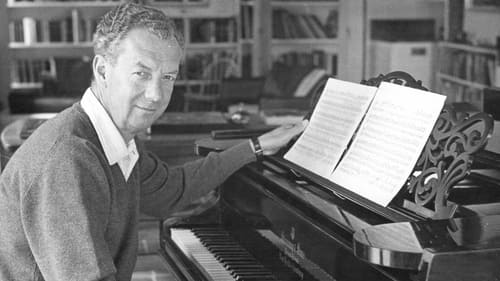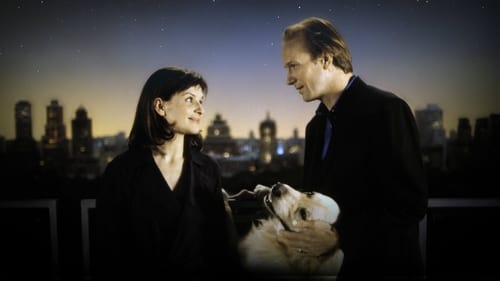Mstislav Rostropovich
Birth : 1927-03-27, Baku, Transcaucasian SFSR, USSR [now Azerbaijan]
Death : 2007-04-27
History
Mstislav Leopoldovich Rostropovich (27 March 1927 – 27 April 2007) was a Russian cellist and conductor. He is considered by many to be the greatest cellist of the 20th century. In addition to his interpretations and technique, he was well known for both inspiring and commissioning new works, which enlarged the cello repertoire more than any cellist before or since. He inspired and premiered over 100 pieces, forming long-standing friendships and artistic partnerships with composers including Dmitri Shostakovich, Sergei Prokofiev, Henri Dutilleux, Witold Lutosławski, Olivier Messiaen, Luciano Berio, Krzysztof Penderecki, Alfred Schnittke, Norbert Moret, Andreas Makris, Leonard Bernstein, Aram Khachaturian and Benjamin Britten.
Rostropovich was internationally recognized as a staunch advocate of human rights, and was awarded the 1974 Award of the International League of Human Rights. He was married to the soprano Galina Vishnevskaya and had two daughters, Olga and Elena Rostropovich.
Mstislav Rostropovich was born in Baku, Azerbaijan SSR, to parents who had moved from Orenburg: Leopold Vitoldovich Rostropovich, a renowned cellist and former student of Pablo Casals, and Sofiya Nikolaevna Fedotova-Rostropovich, a talented pianist. Mstislav's father (1892–1942) was born in Voronezh to Witold Rostropowicz, a composer of Polish noble descent, and Matilda Rostropovich, née Pule of Belarusian descent. The Polish part of his family bore the Bogoria coat of arms, which was located at the family palace in Skotniki.
Mstislav's mother Sofiya, of Russian descent, was the daughter of musicians. Her elder sister Nadezhda married the cellist Semyon Kozolupov, who was thus Rostropovich's uncle by marriage.
Rostropovich grew up in Baku and spent his youth there. During World War II his family moved back to Orenburg and then in 1943 to Moscow. At the age of four, Rostropovich learned the piano with his mother. He began the cello at the age of 10 with his father.
In 1943, at the age of 16, he entered the Moscow Conservatory, where he studied cello with his uncle Semyon Kozolupov, and piano, conducting and composition with Vissarion Shebalin. His teachers also included Dmitri Shostakovich. In 1945 he came to prominence as a cellist when he won the gold medal in the Soviet Union's first ever competition for young musicians. He graduated from the Conservatory in 1948, and became professor of cello there in 1956.
Rostropovich gave his first cello concert in 1942. He won first prize at the international Music Awards of Prague and Budapest in 1947, 1949 and 1950. In 1950, at the age of 23 he was awarded what was then considered the highest distinction in the Soviet Union, the Stalin Prize. At that time, Rostropovich was already well known in his country and while actively pursuing his solo career, he taught at the Leningrad (Saint-Petersburg) Conservatory and the Moscow Conservatory. In 1955, he married Galina Vishnevskaya, a leading soprano at the Bolshoi Theatre. ...
Source: Article "Mstislav Rostropovich" from Wikipedia in English, licensed under CC-BY-SA 3.0.





